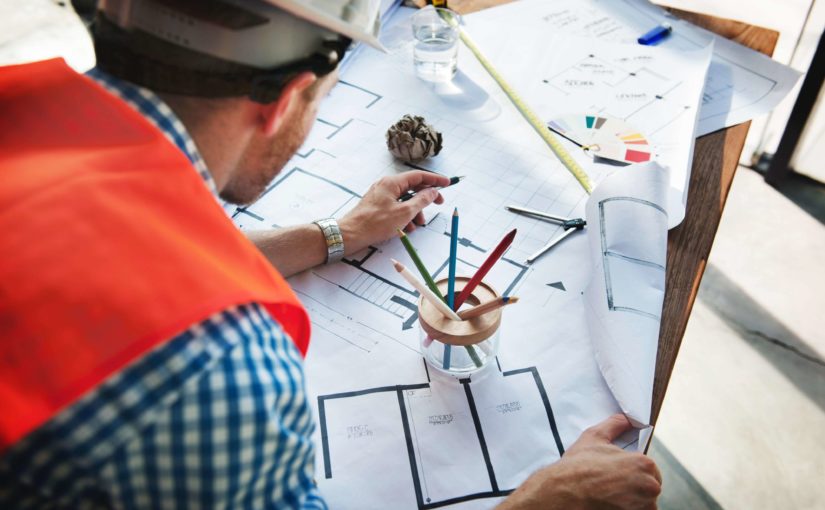As you are familiar with, forging is a metal-shaping technique using localized compressive forces. The forged products find its application in various industry. The forging industry in India is well-acclaimed globally, owing to its technical capability and engineering perfection.
The domestic forging industry of India has reported a growth of 12% at INR 35,000 crore in the period 2017-2018, compared with INR 31,200 crore in 2016-2017. As per industry experts, the forging companies in India is all set to grow in the coming years and push the industry to new highs.
There are different types of machine forging processes applied in the manufacturing industry. The commonly distinguishable forging types are cold forging, open die forging, impression die forgings and seamless rolled ring forging.
For a forging operation to be effective and successful, proper design is the most important step. The forging design is not an easy task and requires thorough knowledge, expertise in the manufacturing field, and relevant skill sets. It influences the production run, material costs, lifetime complexity of the machine etc. Read here the important points to consider in metal forge
designing.
The shape of the forge
Forged part can be manufactured nearly in any shape. At the same time, one needs to acknowledge that the final cost of the tooling largely depends on the shape of the forging. Also, the flow of the material will be smooth with simple forging shapes.
An estimation of forging load and the energy required
The forging design should be developed after considering the details and dimensions of the machining locations, machining operations and functions of the component. Moreover, the quantity of the required materials should also be taken in accordance during the designing process. The total energy required for each machine forging operation can be determined using a mathematical formula. By analysing the forging load and energy requirement, the cost-effectiveness of the design can be figured out.
What are the materials used for manufacturing the part?
On a general note, most of the metals have alloys that can be forged. Hence, the forging designer can choose the raw materials from a wide spectrum of ferrous and non-ferrous alloys. The commonly used alloys are:
- Stainless Steel – It is apt for machines that require high resistance to heat and corrosion
- Aluminium – It is best for applications where the temperature does not exceed 1500C
- Copper alloys – Ensuring high electrical and thermal conductivity
- Carbon, micro-alloy and alloy steel – Used in a wide range of industrial applications.
To sum up, the precision of the forging design is defined in terms of the overall geometry dimensional tolerance, surface finish, and its compliance with the requirement.
Let’s talk about your requirement
Pradeep Metals Limited, one among the most reputed forging companies in India, adopts a well-organized manufacturing process comprising of finest quality raw materials and most modern machinery to make high-precision metal forge. Our forging designing processes are spearheaded by proficient designers who have years of hands-on experience in the precision metal manufacturing sector.
Get in touch with us if you have a requirement in precision metal manufacturing.


